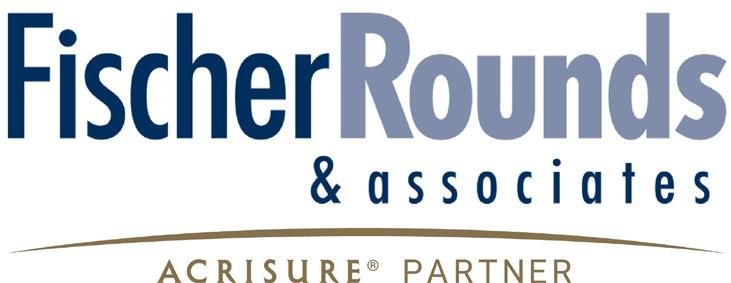
5 minute read
WE KNOW TRANSPORTATION
Fischer, Rounds & Associates truck insurance consultants are experts in the coverage of all size trucks and farm equipment, so we know the risks and liabilities to make sure you are fully covered. We have four locations in South Dakota to serve you and your truck insurance needs—Pierre, Mitchell, Rapid City and Sioux Falls.
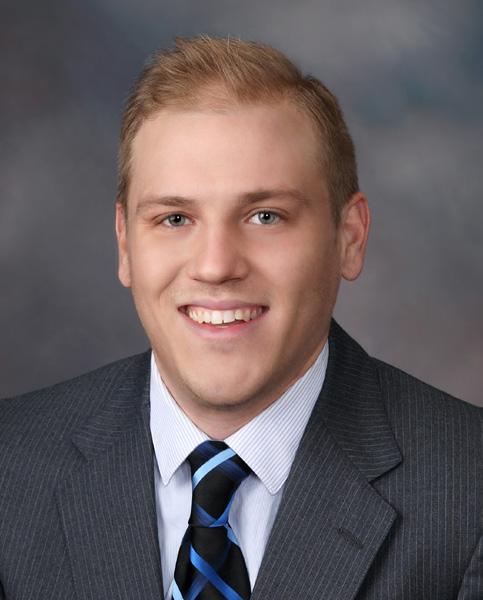
Advertisement

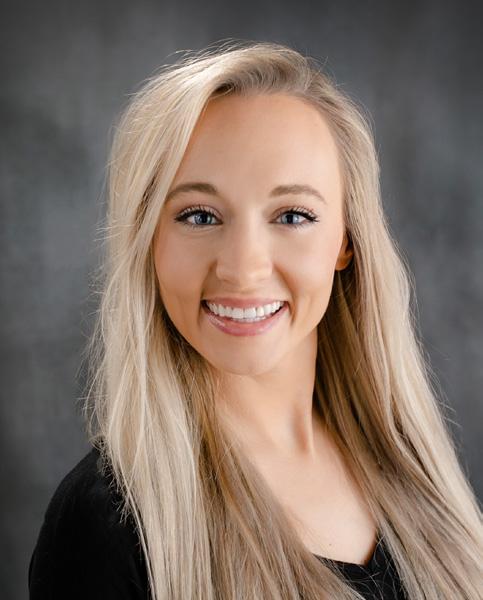
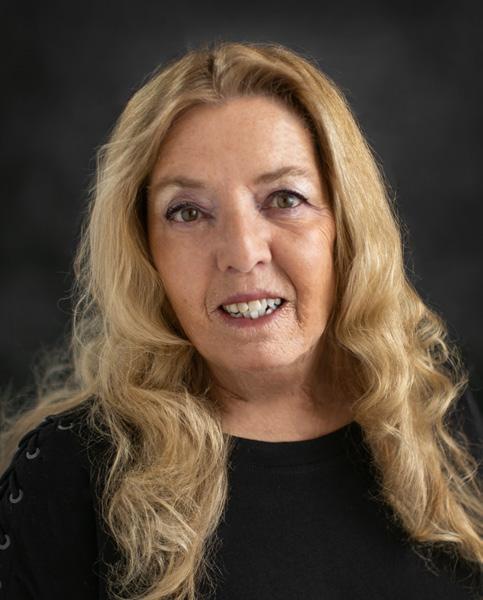
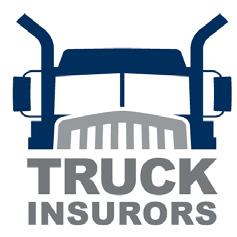


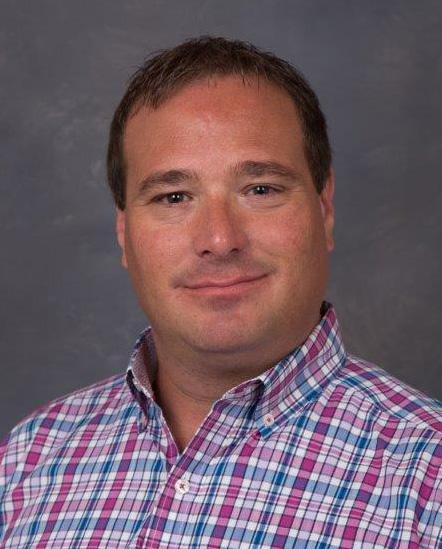
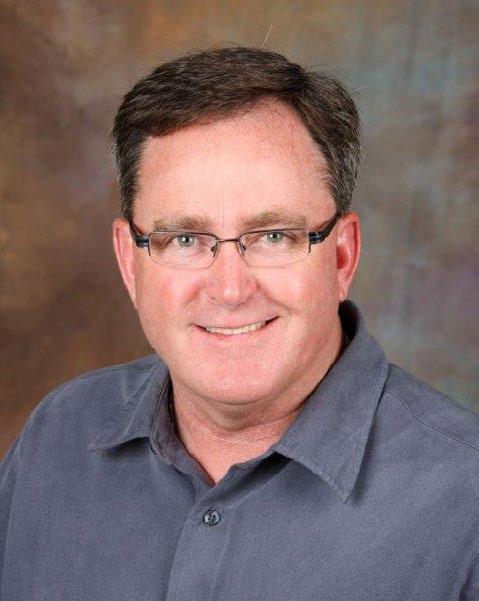
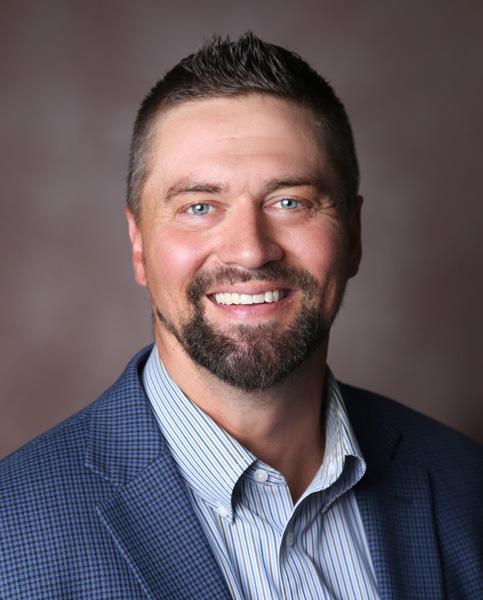
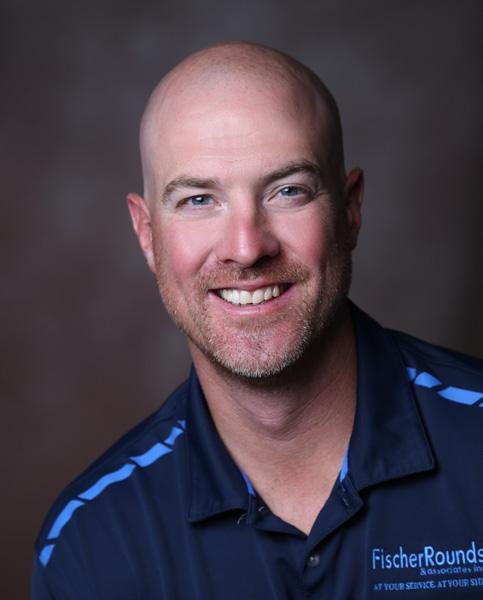
TruckersFinalMile.org is a 501 (c) (3) Veteran founded Charity organization. Providing advocacy, logistics and financial assistance for transportation needs of the individual commercial truck driver behind the wheel and their family at home when tragedy strikes.
Our strategic plan contains six specific operational programs that are the foundation of our Mission statement: "to reunite North American Truck Drivers and Their Family in Times of Crisis". Program 6: is our connection with a network of Chaplains to provide an evaluation team to access need for professional grief counseling services. Program 5 is a 'mobility' outreach to provide construction materials at a permanently disabled truck drivers home for wheelchair ramp, pocket doors, lowering countertops and such.
Program 4 is to assist with transportation costs to help get a truck driver home should a tragedy befall a household member and/or the residence itself. Program 3 is to assist with transportation costs to get a driver home to recover after hospitalization for a sudden onset medical episode such as heart attack or stroke and Program2 is that same benefit for those hospitalized by serious injury.
However, our most recognized program is Program 1 where we assist with the logistics, arrangements, and costs of reuniting a deceased truck driver with his/her family at home to be laid to rest.
Since beginning our Mission on May 1st 2014, TruckersFinalMile.org has paid the costs of transportation
Home For More Than 500 Commercial Truck Drivers
We have an annual campaign dubbed "Sleigh Bells and Santa" which helps provide Christmas gifts for the children that lost a Mom or Dad trucker out on the road and we have created the "American Heritage Memorial" (TM) as a fundraising initiative 'Honoring America's Truckers.
(https://lnkd.in/gJrTeDCC)
Side note: the American Heritage Memorial fully wrapped tractor trailer will be released as a Series 22 CAT Scale collector truck card in fall 2023.
There are no wages, salary's, bonuses nor compensation of any kind paid to any member of our organization or Board. We are comprised of truck drivers and are 100% volunteer. With more than 500 home since 2014, we may arguably be the most experienced loss and casualty logistics Charity provider in the trucking industry.
We invite you to read any, one, or all of our reviews from those we have assisted at: https://lnkd. in/gkxwTg9B were we are a seven consecutive year 'Top Nonprofit'. And lastly, we operate on the donations and sponsorships like any other Charity would. We invite you to check us out, and if you find us a worthy organization, please consider a generous tax deductible donation (or perhaps a sponsorship) at http://www.TruckersFinalMile.org
Our costs have increased, our requests for assistance have also increased.
Your time and consideration is appreciated.
Robert Palm, Founder/CEO
TruckersFinalMile.org
888-857-7871
3301-R Coors Blvd 293
Albuquerque, New Mexico 87120



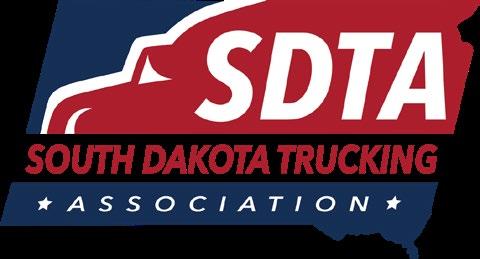
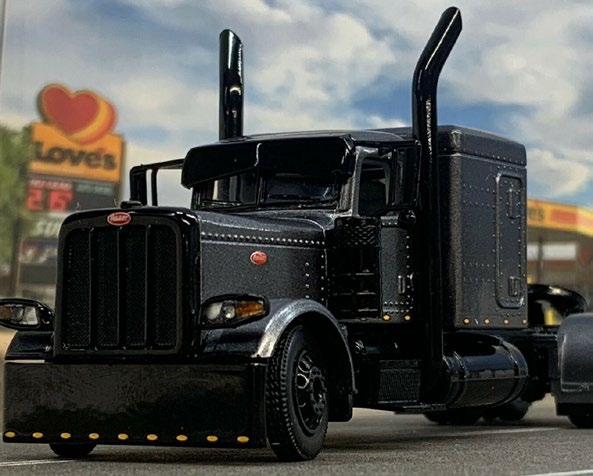
MONDAY, MARCH 20, 2023
7:00 a.m. Breakfast Snacks & Registration
8:15-10:30 a.m. Virginia Tech Transportation Institute: How to Improve Your Odds at Preventing Crashes
10:45 a.m. - 10:45 a.m.

Get the newest and most vital statistics on crash studies
Darrin Grondel, VP, Traffic Safety & Government Relations, Responsibility.org
Dive into the ominous effects of marijuana on our industry
Noon Keynote Speakers: FMCSA Directors from SD, IA & NE
1:30 - 3:00 p.m.
1:30 - 3:00 p.m.
5:00 p.m.
Get the latest updates from FMCSA Directors from South Dakota, Iowa & Nebraska
Session A: Safety Director Panel - Covering Basics of A Successful Safety Director
The panel will be comprised of three experienced Safety Director, one from each state
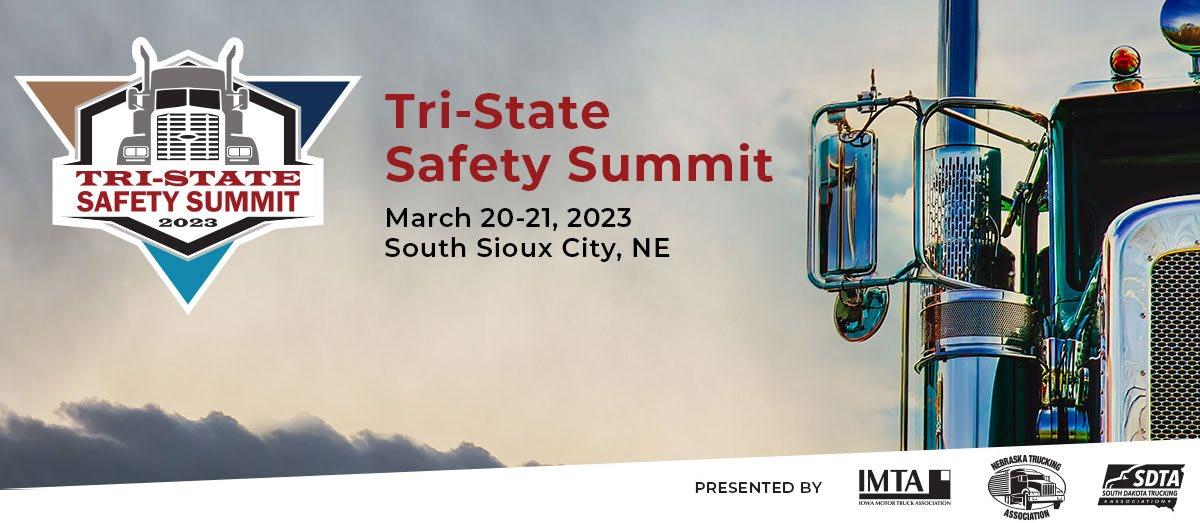
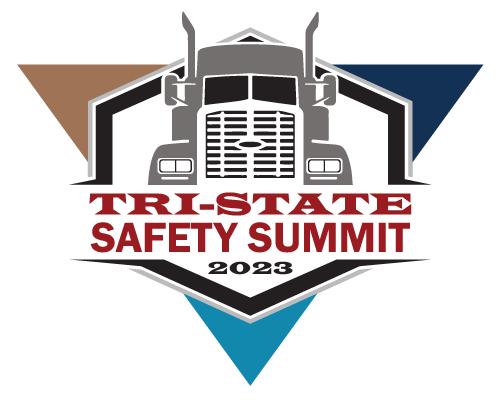
Session B: Leadership Development Panel
The panel will be comprised of three experienced CEO’s, one from each state
Social Hour / Dinner / Dueling Pianos
TUESDAY, MARCH 21, 2023
8:30 start Breakfast
9:00 a.m. - Noon
Rebecca Brewster, President/COO, American Transportation Research Institute (ATRI)
Go “hands on” in a group effort to raise best practices in safety www.southdakotacdl.com


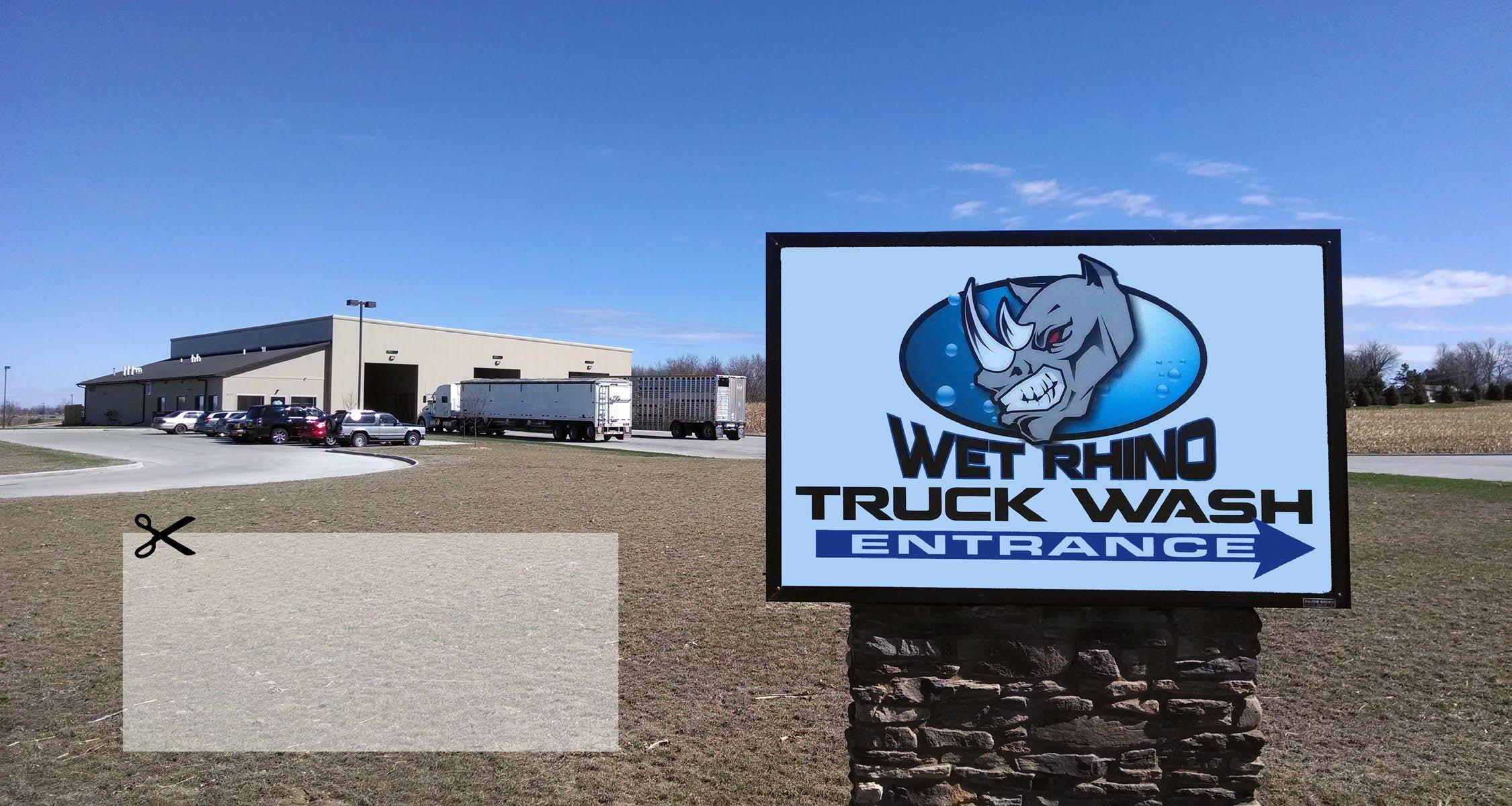
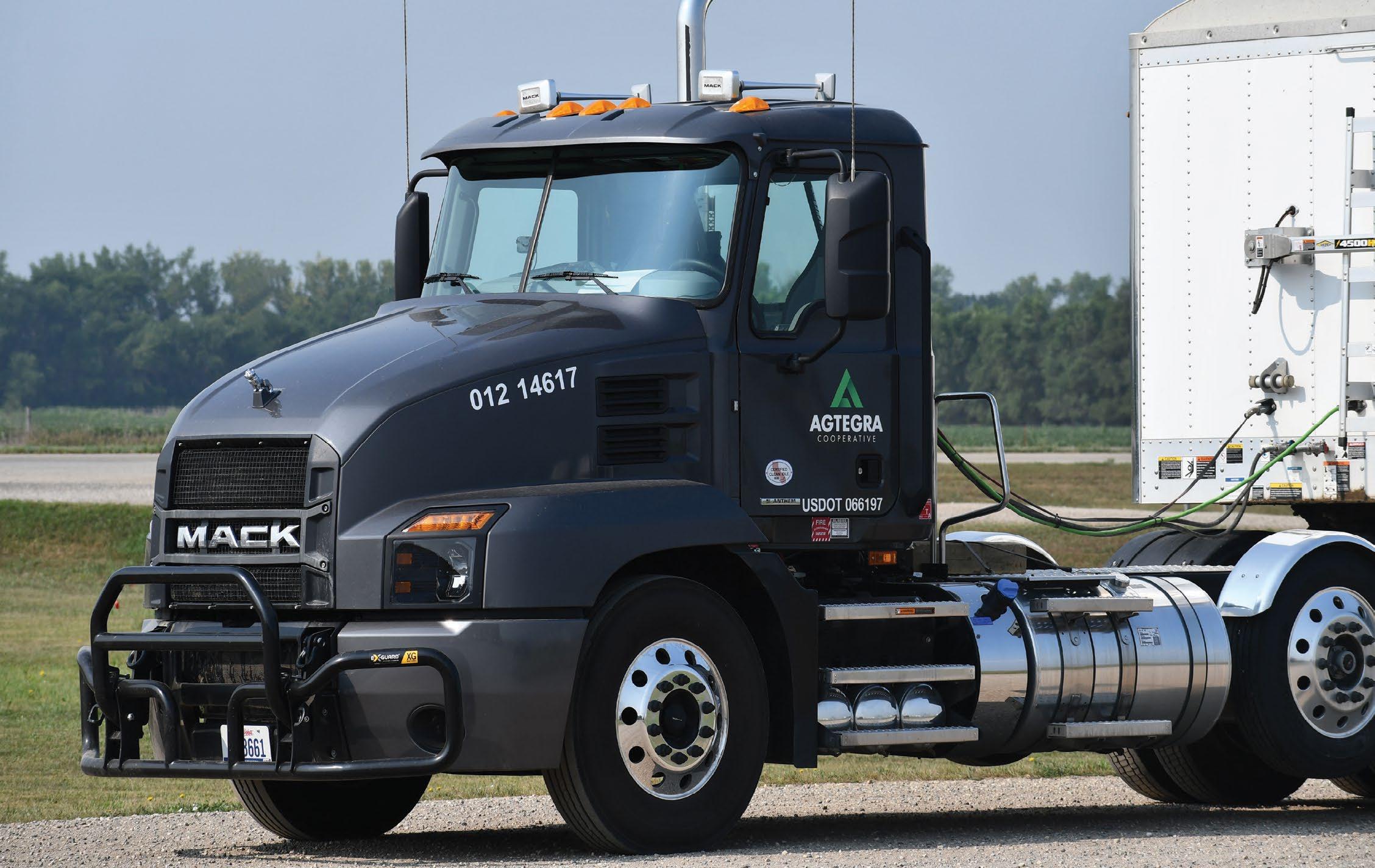

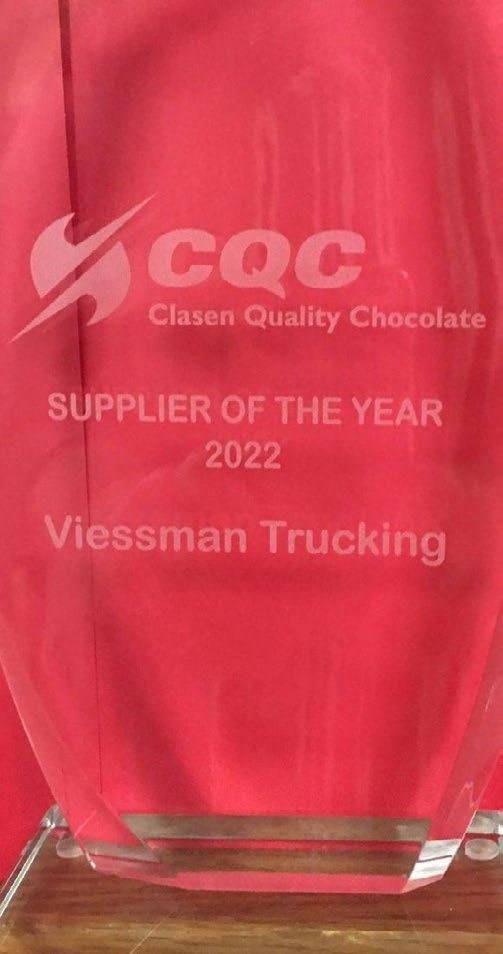
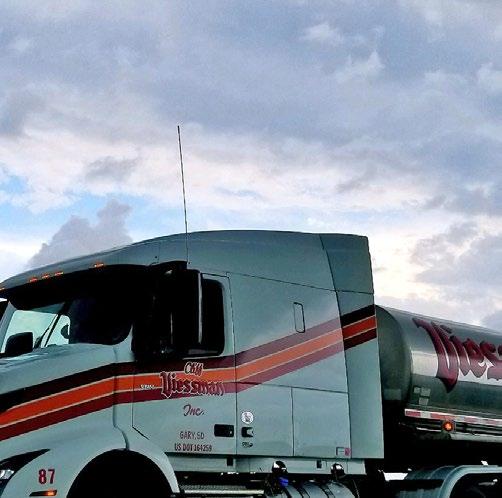
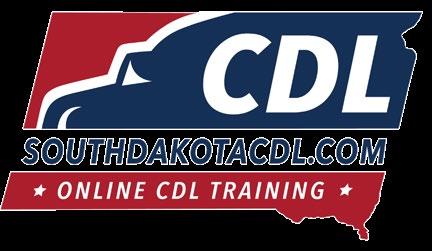
1 The fees listed here are those charged in each state for the fu ll annual registration of a tractor-semitrailer combination with a gross combined weight of 80,000 pounds, based in the state and operated by a for-hire motor carrier. Weight fees are included, but, unlike earlier versions of this chart, m iscellaneous, nonapportioned fees are not included
Semitrailer fees are annual fees, if the state charges one, even where a state also offers an option of multi-year plates for t railing equipment. Where no annual trailer registration is offered, the state’s lowest multiyear fee is used
In-lieu ad valorem fees are included for states that collect such a fee through IRP Where the state charges an in-lieu fee for vehicles based elsewhere and a property tax for those based in it, the property tax is used For these purposes the combination is assumed to have a purchase price of $145 0 00 ($115,000 for the tractor and $30,000 for the semitrailer) and to be in its first year of operation
2 The diesel fuel tax rates listed represent the total state fuel tax paid by motor carriers in each jurisdiction. Local taxes a re not included except where they are uniform statewide
3 Federal taxes and fees include federal diesel tax paid on 16,000 gallons, heavy vehicle use tax on 80,000 pounds, excise tax paid on a combination unit with a purchase price of $200,000 (amortized over 4 years) and excise tax paid on four new tires with maximum weight capacity of 6,175 lbs (assuming the other 14 are recapped)
Driver compensation ‘huge factor’ in safety, FMCSA leader says
JANUARY 18, 2023
by Mark Schremmer
Last year, FMCSA Administrator Robin Hutcheson took a ridealong with OOIDA member Carmen Anderson. During that brief trip from Maryland to Washington, D.C., Hutcheson said she gained a better understanding of the challenges truck drivers face in terms of how they are compensated.

Most truck drivers are paid by the mile instead of by the hour. In addition, the Fair Labor Standards Act exempts motor carriers from having to pay its drivers overtime. So there’s often no pay for when drivers are getting fuel, inspecting the load, or waiting hours to be loaded or unloaded.
Another easy way to explain it is that drivers generally aren’t earning if the wheels aren’t turning.
“I spent unpaid time with (Anderson) while loading and unloading, and it just became crystal clear to me that the structure of compensation for drivers is a huge factor in industry success for safety and economic strength,” Hutcheson said.
The administrator’s remarks on Wednesday, Jan. 18, helped kick off the National Academies of Sciences’ Transportation Research Board driver compensation study. The study aims to determine how driver pay affects retention and overall safety performance.
“There is a good understanding that compensation is a driver of safety,” Hutcheson said.
“That’s the way we are seeing it in our work at FMCSA. We are increasingly looking at root causes of why drivers become unsafe in the first place. Everything we can surround a driver with in terms of their success, is going to be helpful for safety. We think – and we think the study will verify – that some of the structures in compensation really prevent drivers from staying in the industry, and conversely we have data that says that drivers that stay in the industry for a long time are the safest drivers on the road.”
The driver compensation study was mandated by Congress as part of the 2021 infrastructure law. FMCSA was directed to task the Transportation Research Board with conducting a study on the effects of various methods of driver compensation on safety and driver retention, including hourly pay, payment for detention time and other pay methods used in the industry.
“This is a critical study to determine the kind of work environment that will help drivers stay in the industry … This is about driver retention. This is about safety,” Hutcheson said.
The committee will try to determine if there are relationships between compensation methods, driver retention, driving behaviors and safety performance. After the study is completed, the committee will produce a final report about the effects of compensation methods and other relevant factors on driver retention and safety performance.
Wednesday’s meeting included presentations from a variety of experts, including Tom Weakley of the OOIDA Foundation.
The committee will continue its work on Thursday, Jan. 19, with a closed session.






